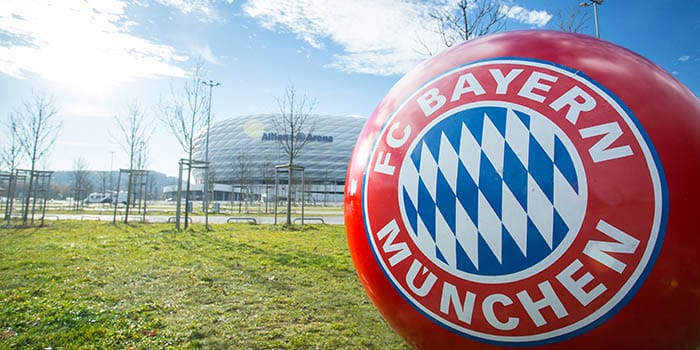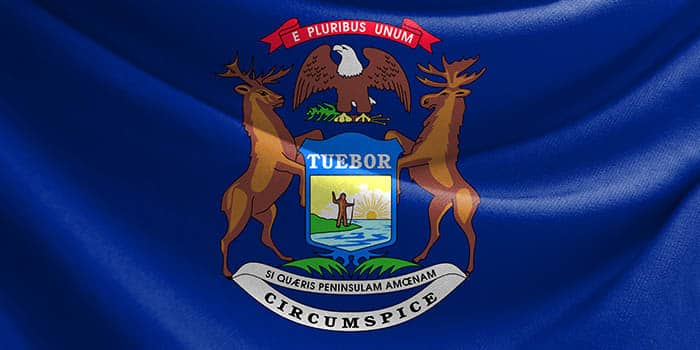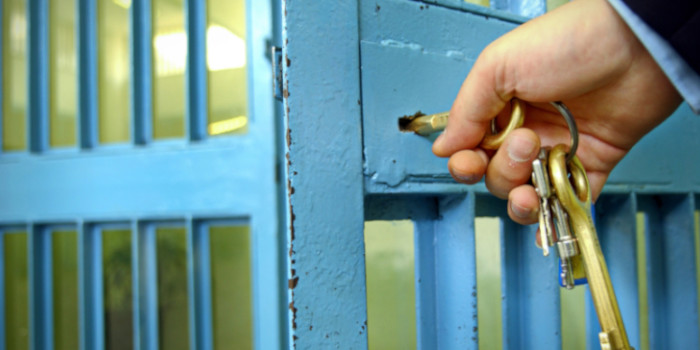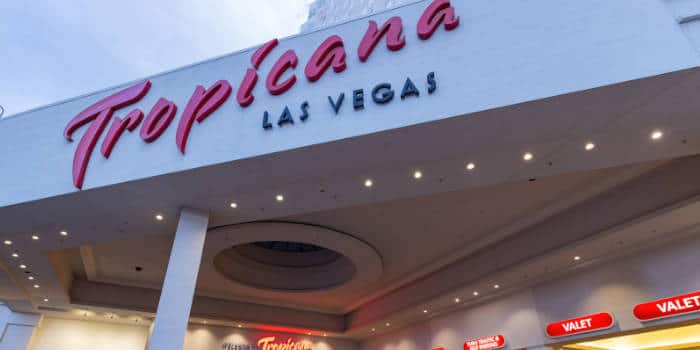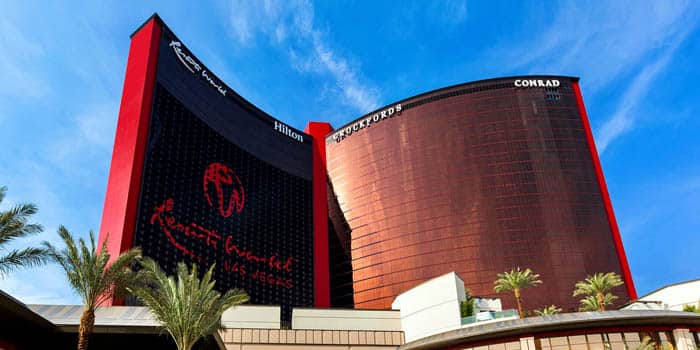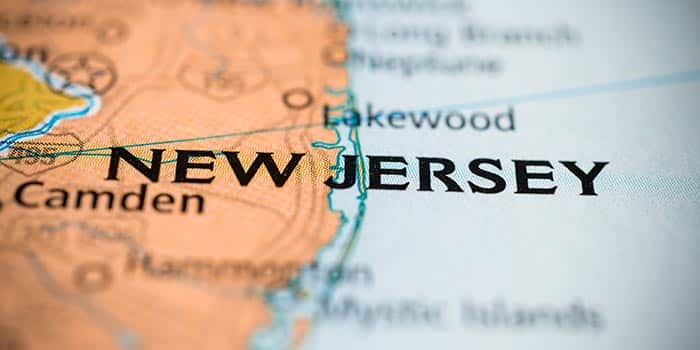- Casino
- By State
- Alabama
- Alaska
- Arizona
- Arkansas
- California
- Colorado
- Connecticut
- Delaware
- Georgia
- Florida
- Hawaii
- Idaho
- Illinois
- Indiana
- Iowa
- Kansas
- Kentucky
- Louisiana
- Maine
- Massachusetts
- Maryland
- Michigan
- Minnesota
- Mississippi
- Missouri
- Montana
- Nebraska
- Nevada
- New Hampshire
- New Jersey
- New Mexico
- New York
- North Carolina
- North Dakota
- Ohio
- Oklahoma
- Oregon
- Pennsylvania
- Rhode Island
- South Carolina
- South Dakota
- Tennessee
- Texas
- Utah
- Vermont
- Virginia
- Washington
- West Virginia
- Wisconsin
- Wyoming
- By State
- Slots
- Poker
- Sports
- Esports
Las Vegas Sands Fights Back Against $7-Billion Lawsuit in Macau

Las Vegas Sands (LVS) is back in court fighting a familiar foe. Asian American Entertainment Corporation (AAEC), a former business partner in Macau that helped it get its start there, has been trying to collect massive amounts of money for years. It argues that LVS breached its contract and, therefore, deserves a fat payday. It hasn’t yet found a sympathetic ear in court, but it continues to try. The case is now in a Macau courtroom, with AAEC dropping its claim from $12 billion to $7.5 billion.
LVS Accused of Reneging on Contract
Jorge Menezes, AAEC’s legal representative, spoke in court last Friday as the case unfolded in front of a judge in Macau’s Court of First Instance. This is just the latest in an ongoing court battle that has bounced around from one jurisdiction to another.
Menezes says that the plaintiff now relies on two financial reports by two experts in the field, who recalculated AAEC’s potential loss. These losses can be attributed to LVS’s decision to replace AAEC with Galaxy Entertainment Group (GEG), through three Macau subsidiaries in the 2002 gaming licensing tender.
Initially, AAEC filed a lawsuit with the courts to seek compensation for more than $12 billion). This figure was calculated based on the company’s declared profits after tax and amortizations over the last 20 years, and up to the expiry date of the license.
Menezes informed the court that AAEC now considers two independent reports from Dino Mauricio, Ducker Research and Consulting Inc., and a local economist and professor Jose Isaac Duarte. Both reports were submitted to the court with the recalculated claim amount.
These reports indicate that the AAEC should receive compensation ranging from $7.4 to $7.8 billion. Menezes stated that the modified amount reflects AAEC’s decision to change from a maximum ceiling to a minimum in his closing arguments.
LVS Asserts AAEC Walked Away First
LVS has continuously fought back against the amount of the claim. It has been argued that any fair compensation value should be based upon the amount that AAEC had stated it was willing to invest in the initial stage, which had been $1.1 billion. This amount was 14 times lower than the actual investment LVS made over 20 years. Therefore, profits should arguably follow this ratio. Menezes and financial experts cited by him said that this method did not conform to approved guidelines.
Yesterday, appearing in a Macau courtroom, LVS legal representative Luís Cavaleiro de Ferreira provided his closing arguments. According to him, AAEC’s Marshall Hao Shi-sheng declined to extend the date of January 15, 2002, to commit his company to exclusive negotiations with LVS. Therefore, AAEC was the first company to end the partnership. He then began negotiating deals with other companies.
de Ferreira also denied the assertion from AAEC that LVS had allowed Galaxy Casino SA, a precursor to GEG, access to confidential documents prepared by AAEC. He said that the eventual bid, which combined the capabilities of Galaxy Casino SA with LVS, was solely based on the resort business model of the company’s established Venetian property in Las Vegas.
Although these were the closing arguments in the case, a decision won’t be made quickly. The legal battle returns to the courtroom on February 15.
Related Topics:
Erik brings his unique writing talents and storytelling flare to cover a wide range of gambling topics. He has written for a number of industry-related publications over the years, providing insight into the constantly evolving world of gaming. A huge sports fan, he especially enjoys football and anything related to sports gambling. Erik is particularly interested in seeing how sports gambling and online gaming are transforming the larger gaming ecosystem.
Next Article


Legal
January 27, 2022
Splash Technology Launches New Free-To-Play Daily Retention Game
Must Read
Legal
June 27, 2025
Nebraska Lottery Winner Seeks to Dismiss Fraud Charges


